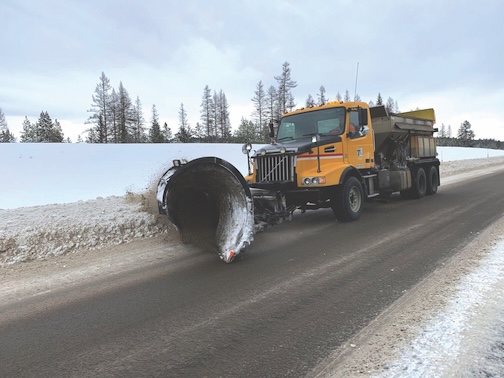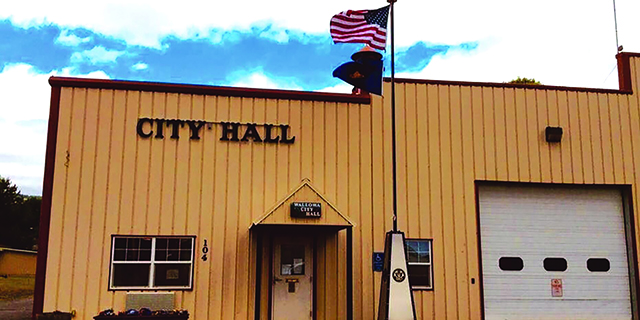COMMENTARY: Ruling unduly restricts small farms’ events
Published 4:00 pm Tuesday, January 7, 2014
The Oregon Court of Appeals has issued a ruling that puts limits on what types of events farmers and ranchers can host on their property and what kind of promotions they can offer at agritourism events.
Weddings and bouncy castles are out, birthday celebrations and farm-to-plate dinners are allowed, and the jury is still out on food carts.
Trending
The ruling springs from a disagreement among neighbors on Sauvie Island, a popular agritourism destination near Portland. Mark Greenfield, a land use attorney who lives on the island, objected to several activities conducted at Bella Organic, a farm thats down the road from his home.
The dispute wound its way through the county administrative process to the states Land Use Board of Appeals and eventually to the state appeals court.
Greenfield said the main reason he brought the case before the Court of Appeals was to clarify ambiguities in the law.
Were not sure thats whats happened.
The court has ruled some events are OK because of their size. Wedding parties are typically large, and have no legitimate promotion value to agriculture, so arent allowed. But small-scale events such as birthday celebrations can be hosted at a farm as long as theres some ag education component.
Bouncy castles and other similar amusements are forbidden because land use laws only allow farmstand structures intended for the sale of crops and livestock. What of other structures erected specifically for agritourism events? How about a corral used as part of a petting zoo for the kids at the birthday party, or picnic tables?
Trending
The court said that while incidental retail items can be sold from these structures, that cannot be their predominant purpose. We think the ruling opens the door to more disgruntled neighbors to press their case.
Oregonians are rightfully proud of land use laws that were intended to save productive farmland from development. In our view, few things are so important. But for too many urbanites farmland exists only as a backdrop for their idealized view of what rural Oregon should be.
Farms are businesses, and must be profitable to be viable and survive. That often takes creative marketing, particularly for a lot of the small farms many urban Oregonians see as the ideal.
The paradox of this ruling is that many of the agritourism events so popular with Oregonians who want to preserve the ideal could easily fail to meet the standard. And without those events, some of those small farms will become unprofitable, only to be absorbed by larger operations.
We agree with Ty Wyman, the attorney who defended Bella Organic, and his interpretation of the spirit of the land use laws. Bouncy castles, weddings and picnic tables dont threaten the viability of productive farmland.
We hope the Legislature can revisit the statute and carve out a compromise that serves the economic interests of farmers and keeps small-scale farming viable.
The Capital Press is a sister publication of the Wallowa County Chieftain.









